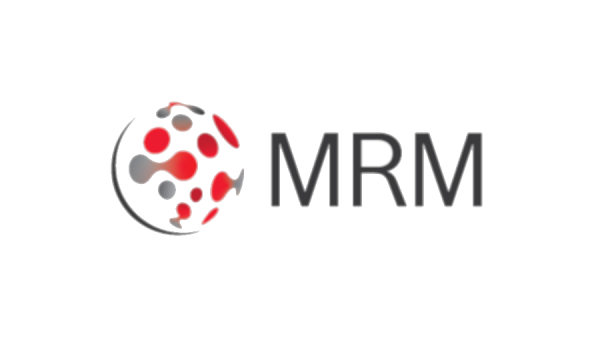
Get involved with the MRM Network!
The MRM Network is currently recruiting members
to serve on one or more MRM Committees for the year 2021-2022
Seize the opportunity to help us move the MRM Network ahead to: position regenerative medicine research at McGill; expand basic regenerative medicine knowledge; improve clinical practice and clinical outcomes and enhance research and training.
Our Network has 7 different committees, each with specific objectives described below.
If you are interested in joining one or more of these committees, contact us by email and indicate which committee you would like to serve on.
SCIENTIFIC PROGRAMMING COMMITTEE
Chair: Dr. Natasha Chang
Open to: Principal Investigators, Trainees, staff
This committee focuses on the organization of the MRM Annual Symposium and the MRM webinar series, the MRM Talks. The main goals of the Scientific Programming Committee are to:
- Promote knowledge exchange among the McGill Regenerative Medicine community through implementation of scientific sessions
- Host international/local guest speakers as part of the monthly webinar series, the MRM Talks
- Develop training workshops in collaboration with affiliated core facilities, industry partners and the MRM Education Committee
WEB AND COMMUNICATION COMMITTEE
Chair: TBD
Open to: Principal Investigators, Trainees, staff
This committee provides content for the MRM website and social media platforms to keep members informed about the latest news, events or funding opportunities relevant to regenerative medicine at McGill and beyond.
If you are interested in a communication aimed at both scientists and the lay public, and you are keen on writing for a wide audience using social network tools, we encourage you to join the MRM Web and Communication Committee!
FUNDING AND INFRASTRUCTURE COMMITTEE
Chair: Prof. Michel Tremblay
Open to: Principal Investigators
This committee is responsible for the scientific assessment and approval of projects submitted to MRM internal funding competitions for the support of small research projects. Competition is run two times a year and awards three to five dedicated research projects involving the use of one of the technological core facilities affiliated to the Network.
I’m interestedCLINICAL PIPELINE COMMITTEE
Chair: TBD
Open to: Principal Investigators
This committee is responsible for identifying clinical research related to regenerative medicine currently happening or in development at McGill University and affiliated hospitals. It will support researchers from McGill in structuring future clinical research to move projects forward and to comply with regulatory agencies.
I’m interestedEDUCATION COMMITTEE
Chair: Prof. Terry Hébert
Open to: Principal Investigators, Trainees, staff
This committee focuses on the development of MRM educational platforms. These include courses and programs to prepare students to work in or conduct research in stem cell biology and regenerative medicine. This includes the development of links within the regenerative medicine community at McGill and its affiliated hospitals to facilitate the development of educational programs at the undergraduate and graduate levels, and where possible to integrate such efforts into professional programs.
I’m interestedPRIZES AND AWARDS COMMITTEE
Chair: Dr. Vahab Soleimani
Open to: Principal Investigators, Trainees, staff
This committee is in charge of evaluating submissions to the competitions mainly intended for trainees organized by the MRM Network. This includes our yearly MRM Photo Contest, as well as the Lucie Besner Travel Awards competition.
To ensure the best possible assessment of each application, this committee should be composed of researchers at different career stages including trainees, all from a wide variety of disciplines.
ELSI COMMITTEE
Chair: TBD
Open to: Principal Investigators, Trainees, staff
The main objectives of the Ethics Committee are:
- to build bridges between basic/clinical research and ELSI research;
- to maintain and expand McGill’s international footprint in bioethics of regenerative medicine;
- to simplify the understanding of the Health Canada ethics guidelines for regenerative medicine trials;
- as well as to engage the public in the social issues of regenerative medicine.
I’m interested
